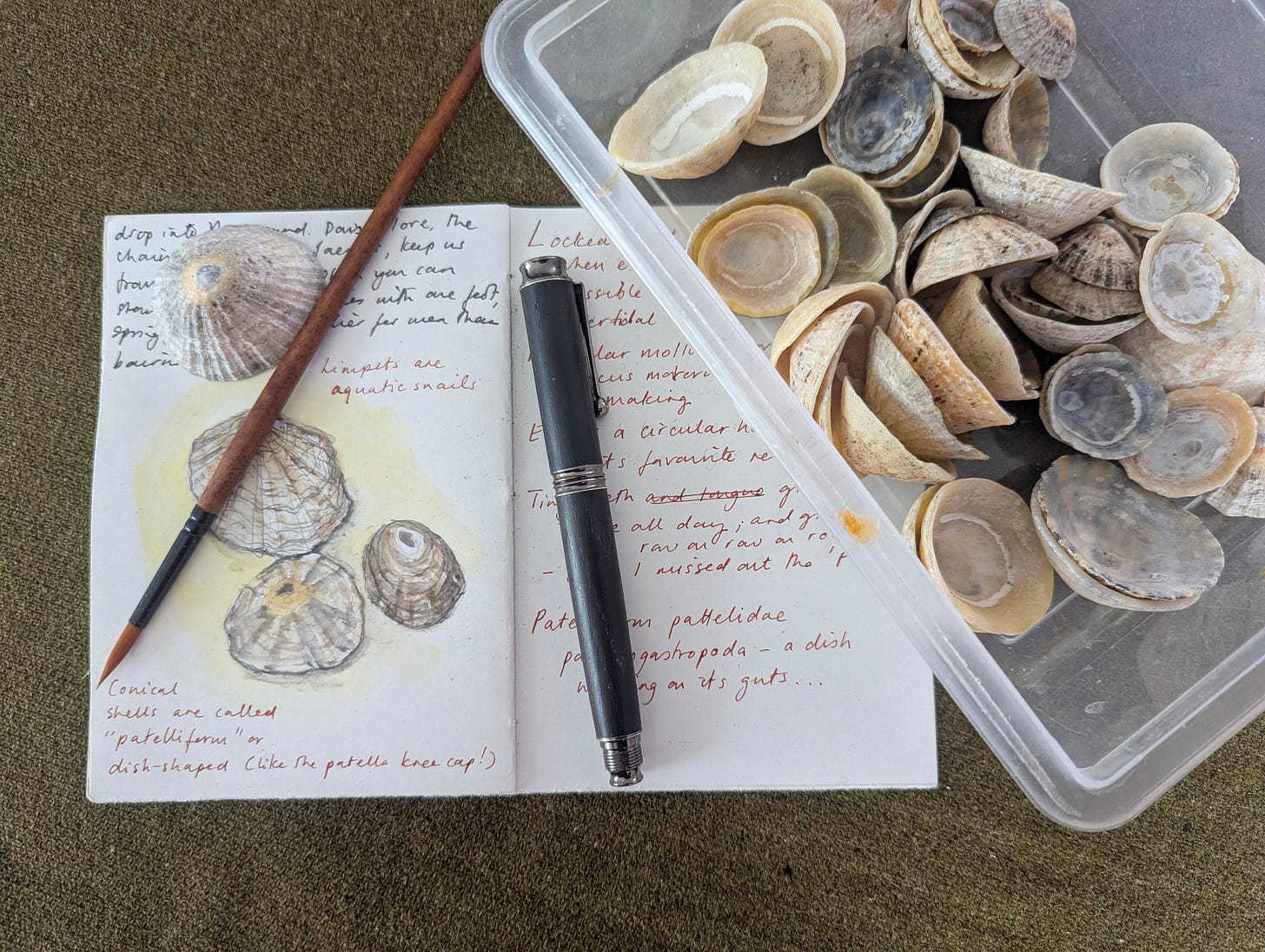Wildlife Trust appoints resident artist
Kirsten Luckins has been appointed as Artist in Residence for Tees Valley Wildlife Trust
Kirsten, a multi-talented poet and artist from Hartlepool, will be working with the Wildlife Trust to deliver a series of events and projects that bring people closer to nature through art.
With a passion for creative expression, she has honed her skills in both poetry and participatory arts, producing work with community groups, organisations, and festivals across the Tees Valley.
As a poet, Kirsten's work is characterised by its lyricism, depth, and emotional resonance. Her poetry explores themes of identity, place, and the human condition, often drawing inspiration from her Teesside roots and the people and landscapes that shape her world. Her writing is both personal and universal, speaking to the experiences and emotions that unite us all.
Kirsten Linkins said she was honoured to be appointed:
“I’ve been a member of the Trust for a few years, ever since one of their very friendly volunteers grabbed me at an info stand one market day and told me about their work – I didn’t take much persuading!
“Growing up in Teesside I probably took our nature reserves for granted, but as an adult with a busy life I’m more and more grateful for the everyday contact I can have with wildness on my doorstep. People sometimes assume there’s nothing here but Bladerunner factories, but what I love about this area is the combination of our industrial and natural landscapes. I hope to do it all justice.”
Throughout the year, Kirsten will be using her unique talents to create engaging and thought-provoking work, events, and activities that celebrate the natural beauty of the Tees Valley region. Her work will not only showcase the region's stunning wildlife and landscapes but also encourage people to connect with and appreciate the natural world.
Tom Harman CEO for Tees Valley Wildlife Trust said it was fantastic to be welcoming the artist:
“Working with Kirsten on creative projects and events, will not only help connect more people to nature through the arts, but it’ll help break down barriers, making our nature reserves more accessible. Our green spaces are more important than ever, for people and communities, for physical and mental health. They should be safe havens for people as well as wildlife. A place to escape and reconnect with our roots. This collaboration will create space for conversation, to understand a deeper meaning of connection to our local nature sites.”





